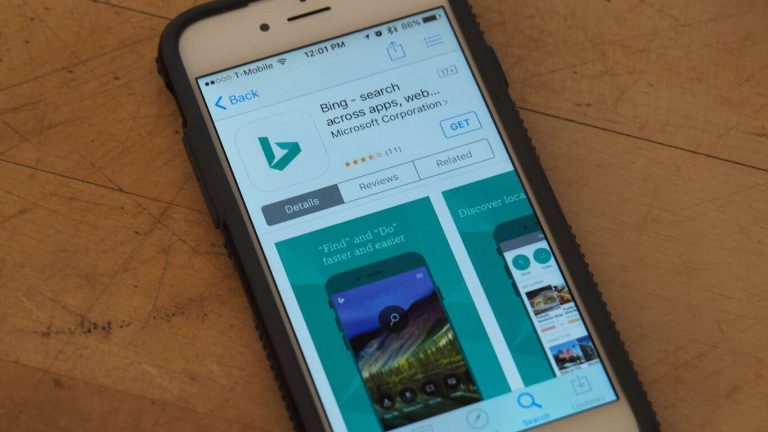Nothing impacts the web browsing experience like browser performance, and one of the primary means for improving mobile browser performance is the open-source initiative AMP. Short for Accelerated Mobile Pages, AMP are essentially HTML pages that are optimized for mobile architectures and that provided a generally faster and more efficient experience for mobile users.
Today, the Bing team announced on their blog that they’re implementing AMP in the Bing App for iOS and Android:
As the results are being loaded, the Bing App detects whether the news articles have corresponding AMP pages associated with them. This all happens in the background. In case there are AMP pages associated with the article, we always give preference to downloading the available AMP page from the servers that are closer to the end user, preferably via an AMP cache for a faster experience. In case AMP is not detected, the non-AMP news article is presented to the user. For the non-AMP pages we apply a number of other performance techniques to download and render those pages optimally too. AMP does not impact our ranking algorithms in any way. Users will be able to detect the articles that have corresponding AMP pages whenever they see the AMP icon in our iOS app:

According to Microsoft, using AMP in the Bing App speeds up page loading by 80%, while AMP also significantly reduces the amount of data consumed during browsing. To get started using AMP in the Bing App for iOS and Android, go to the relevant app store and hit update or install from the links below.


